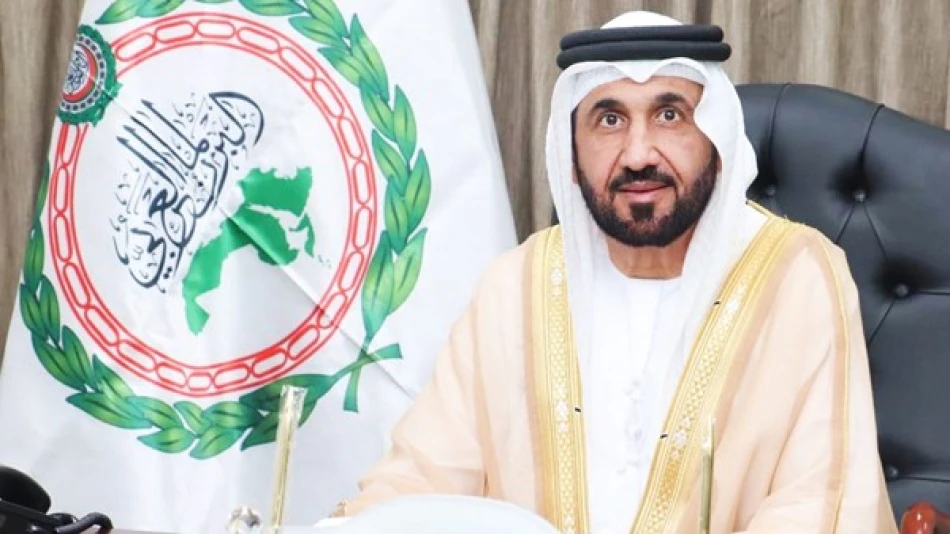
Arab Parliament Condemns Attack on Humanitarian Convoy in Darfur, Sudan
Arab Parliament Condemns Attack on Humanitarian Convoy as Sudan Crisis Deepens
The Arab Parliament has strongly condemned the targeting of a humanitarian convoy in North Darfur, Sudan, highlighting the growing dangers facing aid workers in one of the world's most severe humanitarian crises. The condemnation underscores mounting regional pressure to protect civilians and ensure safe passage for desperately needed aid as Sudan's conflict enters its second year with no clear resolution in sight.
Escalating Threats to Humanitarian Operations
The attack on the humanitarian convoy represents a dangerous escalation in targeting aid operations, which have become increasingly perilous since fighting erupted between Sudan's military and the paramilitary Rapid Support Forces in April 2023. Humanitarian workers face unprecedented risks in a conflict that has displaced over 7 million people and pushed the country toward famine conditions.
The Arab Parliament's statement emphasized the critical need to protect civilians and humanitarian teams while keeping them away from the devastation of the ongoing conflict. This appeal comes as international aid organizations struggle to maintain operations amid widespread insecurity and bureaucratic obstacles.
Jeddah Declaration Under Pressure
The parliamentary body specifically called for adherence to the Jeddah Declaration, the Saudi-mediated agreement aimed at protecting civilians and securing humanitarian corridors. However, the repeated violations of this agreement highlight its limited effectiveness in constraining the warring parties' behavior on the ground.
Implementation Challenges
The Jeddah Declaration, brokered by Saudi Arabia and the United States, has faced consistent violations since its signing. The latest convoy attack demonstrates how humanitarian commitments remain largely theoretical while fighting continues to intensify across multiple fronts, particularly in Darfur where ethnic tensions have resurged alongside the broader political conflict.
Regional Stakes and Geopolitical Implications
The Arab Parliament's intervention reflects broader regional concerns about Sudan's collapse potentially destabilizing neighboring countries. Egypt, Chad, and Libya have already experienced spillover effects from refugee flows and cross-border militant activities, making Sudan's stabilization a regional security priority.
Unlike successful regional mediations in other conflicts, Sudan's crisis has proven resistant to diplomatic solutions, partly due to the fragmented nature of the conflict and the involvement of multiple armed groups with competing interests. The situation contrasts sharply with more contained regional disputes where clear political settlements emerged relatively quickly.
Humanitarian Crisis Reaches Critical Point
The targeting of aid convoys occurs against the backdrop of Sudan facing what UN officials describe as the world's largest displacement crisis. Nearly half of Sudan's 48 million people require humanitarian assistance, yet aid delivery remains severely constrained by ongoing violence and administrative barriers imposed by both warring parties.
International donors and humanitarian organizations now face difficult decisions about continuing operations in increasingly dangerous conditions, potentially leaving millions without access to life-saving assistance. The Arab Parliament's call for unobstructed aid access reflects growing recognition that without immediate intervention, Sudan risks complete humanitarian collapse with far-reaching regional consequences.
Most Viewed News

 Layla Al Mansoori
Layla Al Mansoori






